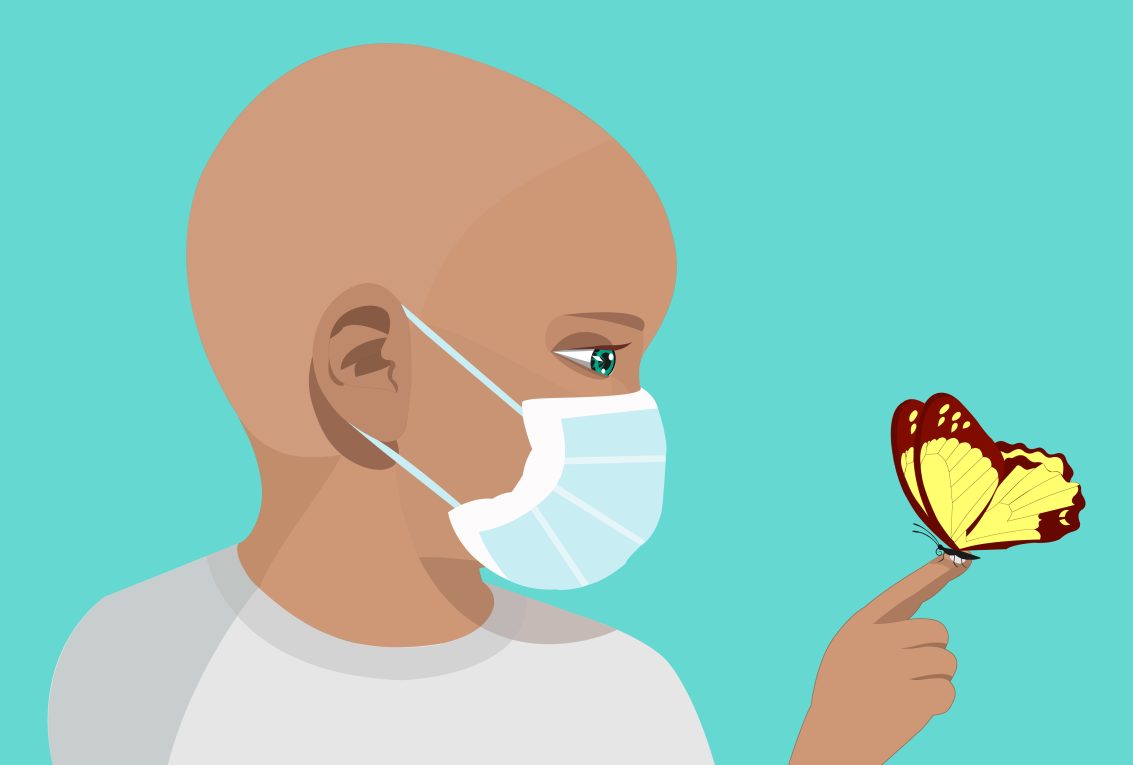Childhood cancer emphasizes the importance of early detection and treatment. This blog will explore types of childhood cancers, key symptoms, treatment options, and support for affected families. Raising awareness is crucial to help every child face this challenge.
1. What is childhood cancer?
Childhood cancer is cancer that occurs in children, usually under the age of 15. Unlike adult cancers, which are often associated with lifestyle or environmental factors, childhood cancers typically arise from genetic mutations or other biological factors.
2. What are the causes of childhood cancers?
Childhood cancers are not fully understood, but many factors contribute to their development. They are:
- Inherited genetic mutations include certain syndromes like Li-Fraumeni and Down Syndrome.
- Spontaneous Mutations that occur during early development.
- Family History
- Radiation and chemical exposures
- Weakened immune systems
- Viral Infections due to Epstein-Barr, Hepatitis B and C, and HPV
- Developmental Factors like rapid cell growth in young children
- Unknown Factors: No definite reason
3. What are the different types of childhood cancers?
The different types of childhood cancers are:
- Blood Cancers
-Leukaemia
- Brain Tumours
- Bone cancers
- Neuroblastoma
- Wilms’ Tumor
- Rhabdomyosarcoma
- Retinoblastoma
4. What are childhood cancer symptoms?
Detecting cancer in children is difficult because they are rare compared to adults. A few symptoms are:
- Unexplained weight loss that continues without a clear cause.
- Frequent Headaches, with early morning vomiting
- Swelling or constant pain in the bones, joints, back, or legs
- A lump or mass can occur in various body areas, including the abdomen, neck, chest, pelvis, or armpits.
- A white appearance in the pupil of the eye or changes in vision.
- Frequent fevers that are not related to infections
- Sudden excessive bruises or bleeding
- Evident paleness or prolonged fatigue
5. How to prevent childhood cancer?
There’s no guaranteed way to prevent cancer in children, but some tips can help reduce the risk:
- Vaccinate your child against HPV infection. HPV vaccination is recommended for both girls and boys around the ages of 11 or 12.
- Give your child a Hepatitis B vaccination.
- Protect children from harmful radiation and chemical exposures.
- Limit exposure to harmful chemicals, radiation, and tobacco smoke during pregnancy.
- Achieve a healthy and balanced diet while pregnant.
- Taking doses of folic acid throughout pregnancy is crucial.
- Family members having a history of cancer are advised to undergo genetic counselling.
- Assure regular pediatric check-ups for your child.
- Boost the immune system of your children.
- Know the symptoms and risk factors of childhood cancer.
6. What are the childhood cancer statistics in India?
Children ages 0–14 account for 4% of all cancer cases in India. Every year, there are around 50,000 new cases of pediatric cancer in India.
The most common cause of cancer in children aged 0-14 years was lymphoid leukaemia, which affected 29.2% of males and 24.2% of girls.
Reference: https://pmc.ncbi.nlm.nih.gov/articles/PMC10231735/
https://www.indiancancersociety.org/cancer-information/childhood-cancer
7. Which doctor treats childhood cancers?
A pediatric oncologist treats childhood cancers.
8. What cancer tests are available for diagnosing cancer in children?
Tests to diagnose cancer in children are:
- Urine tests
- Complete blood count
- Blood chemistry
- Lumbar puncture
- Bone marrow aspiration and biopsy
- Medical imaging tests
9. What are the common treatments for childhood cancers?
Common cancer treatments include immunotherapy, radiation therapy, chemotherapy, surgery, and stem cell transplantation. The pediatric oncology staff at the hospital will explain the protocol for the specific type and stage of cancer as per the disease condition.
10. At what age does cancer in children begin?
Although childhood cancer can strike at any age between birth (0) and age 14, it is often diagnosed at age 6.
11. How do most parents learn that their child has cancer?
Although pediatric cancer is uncommon, it is crucial to have your kid examined by a physician if they exhibit any strange symptoms or signs that do not go away, such as an unusual lump or swelling, paleness and energy depletion that cannot be explained and easy bleeding or bruises.

